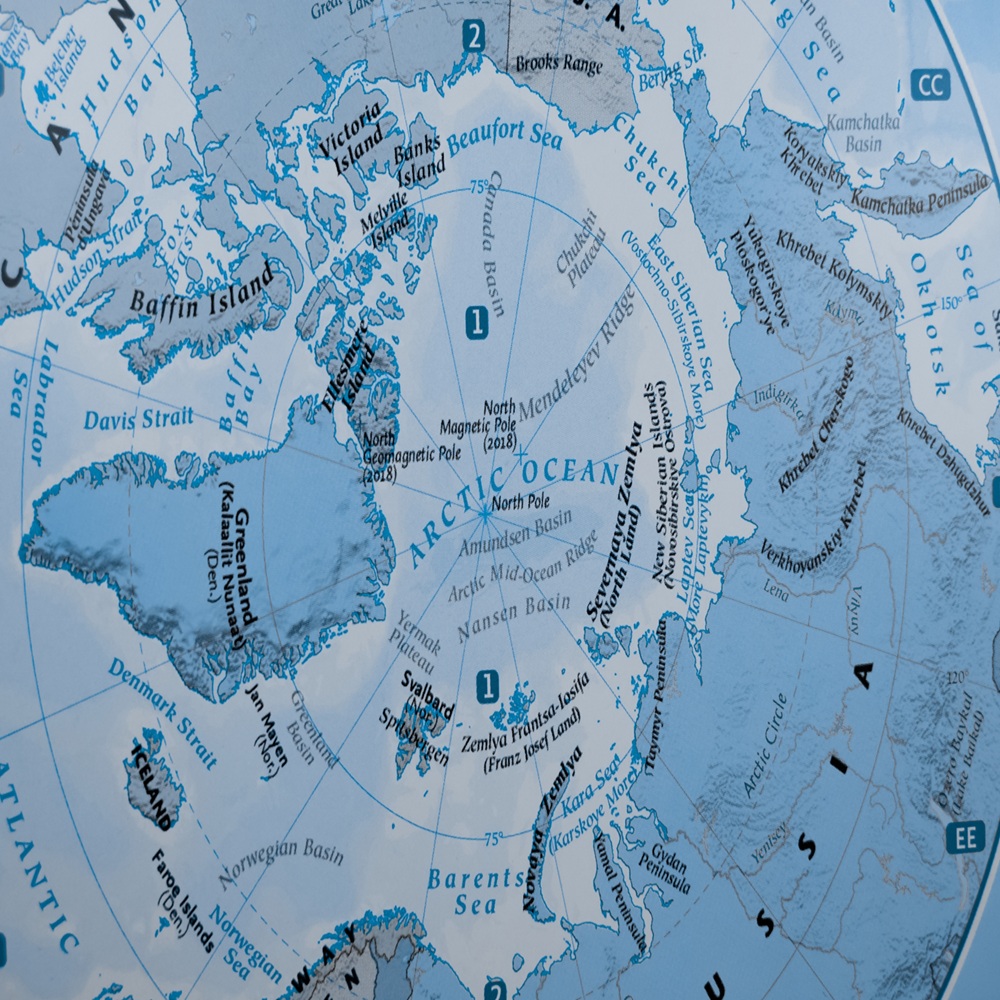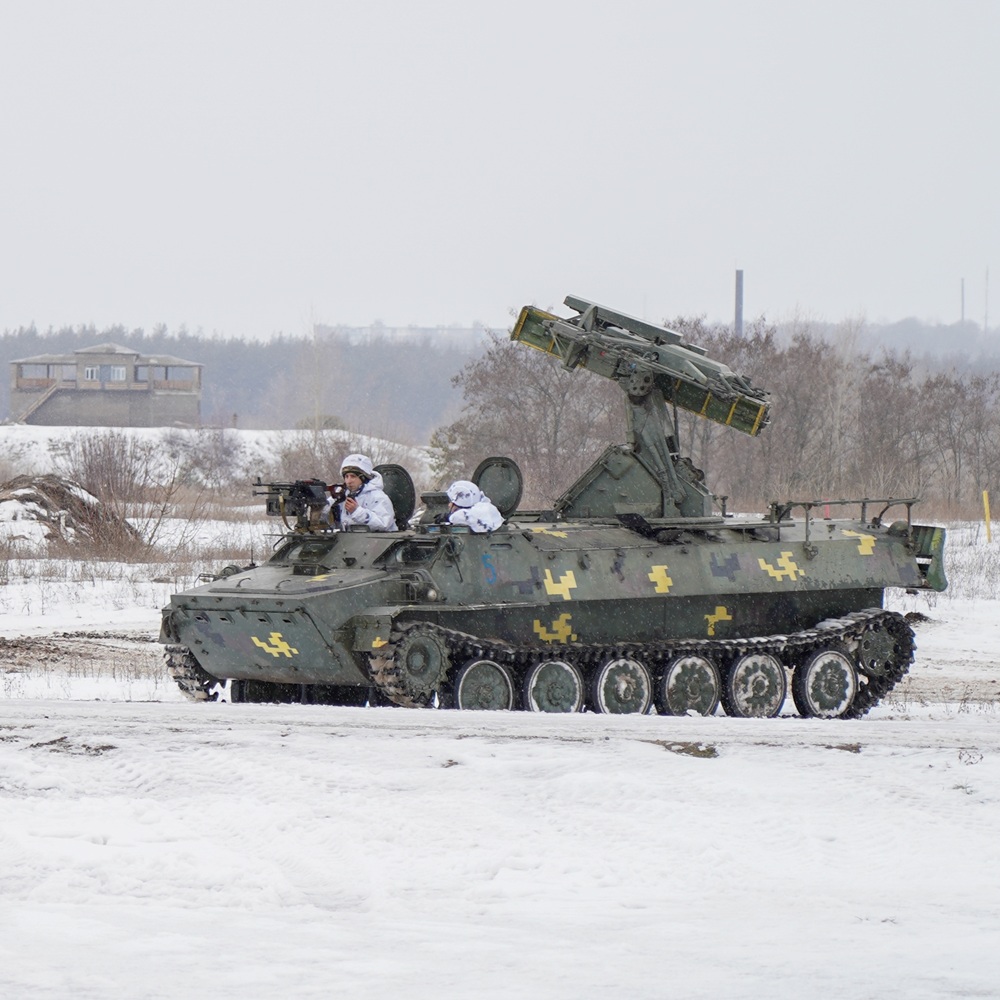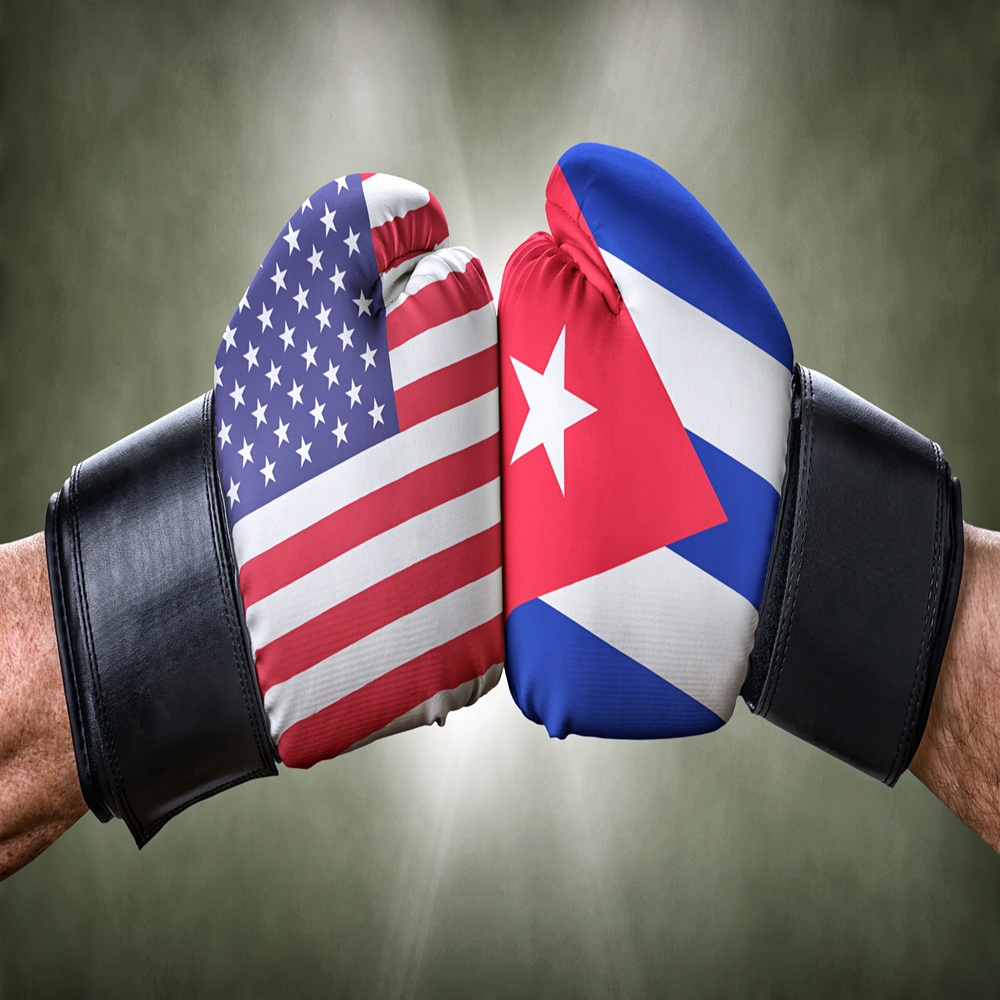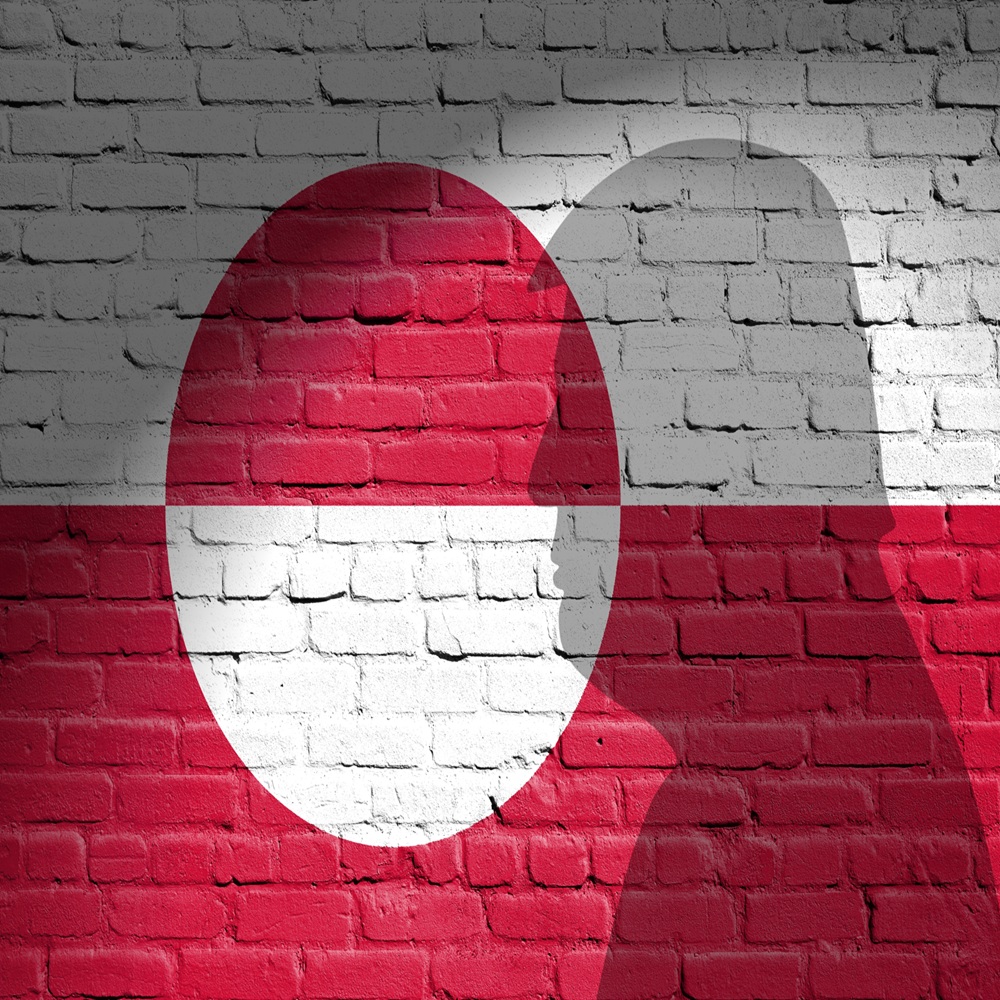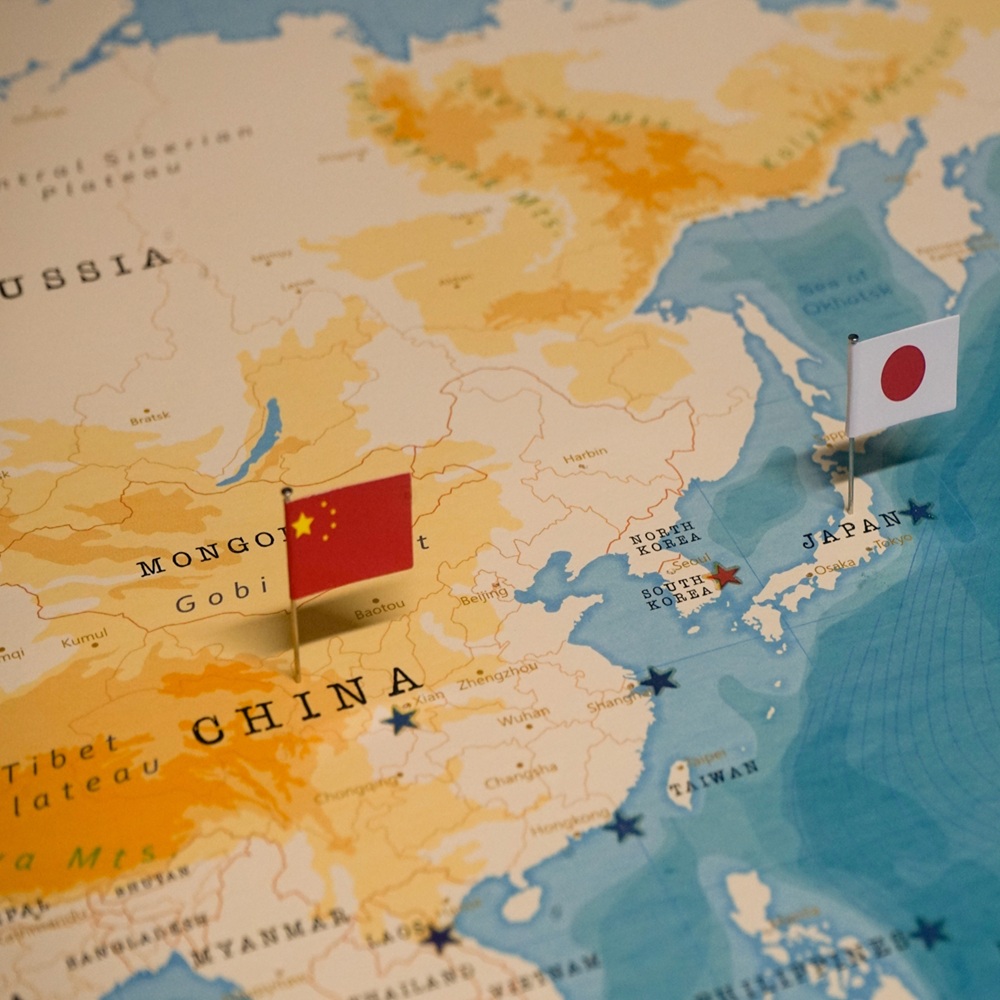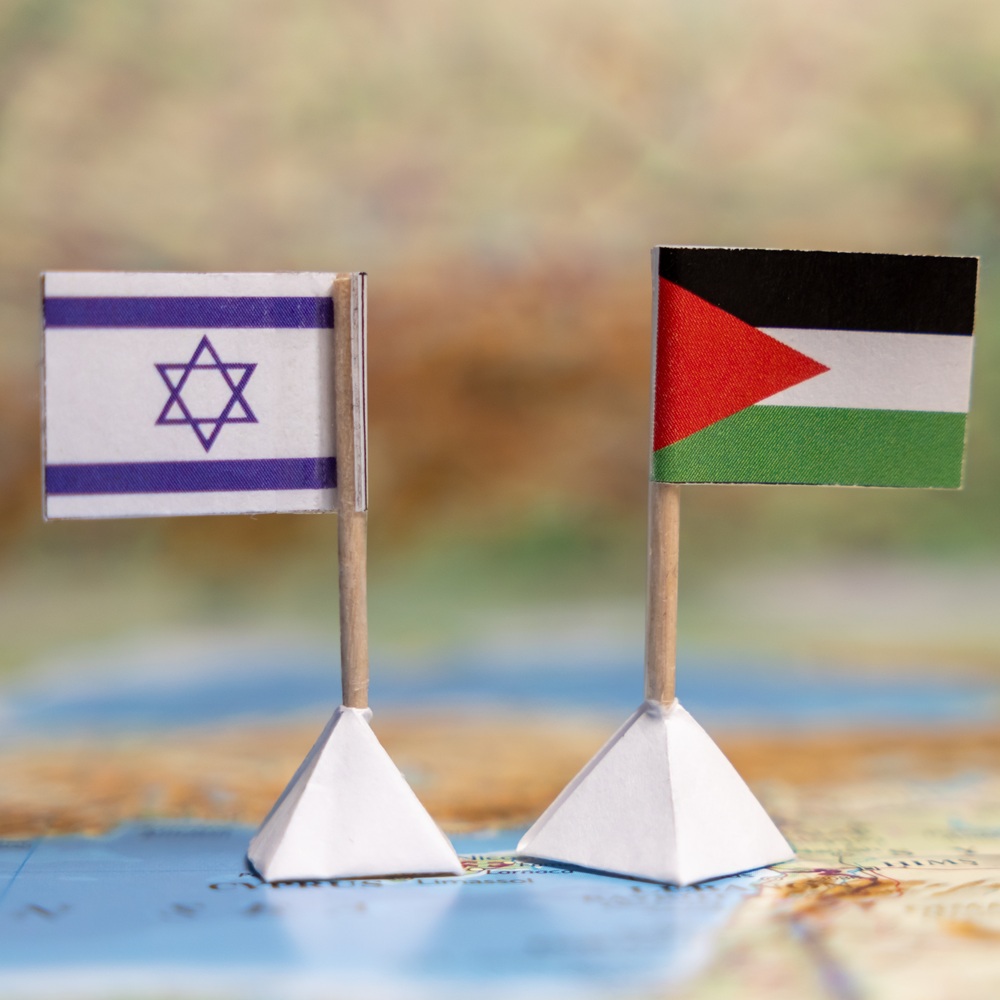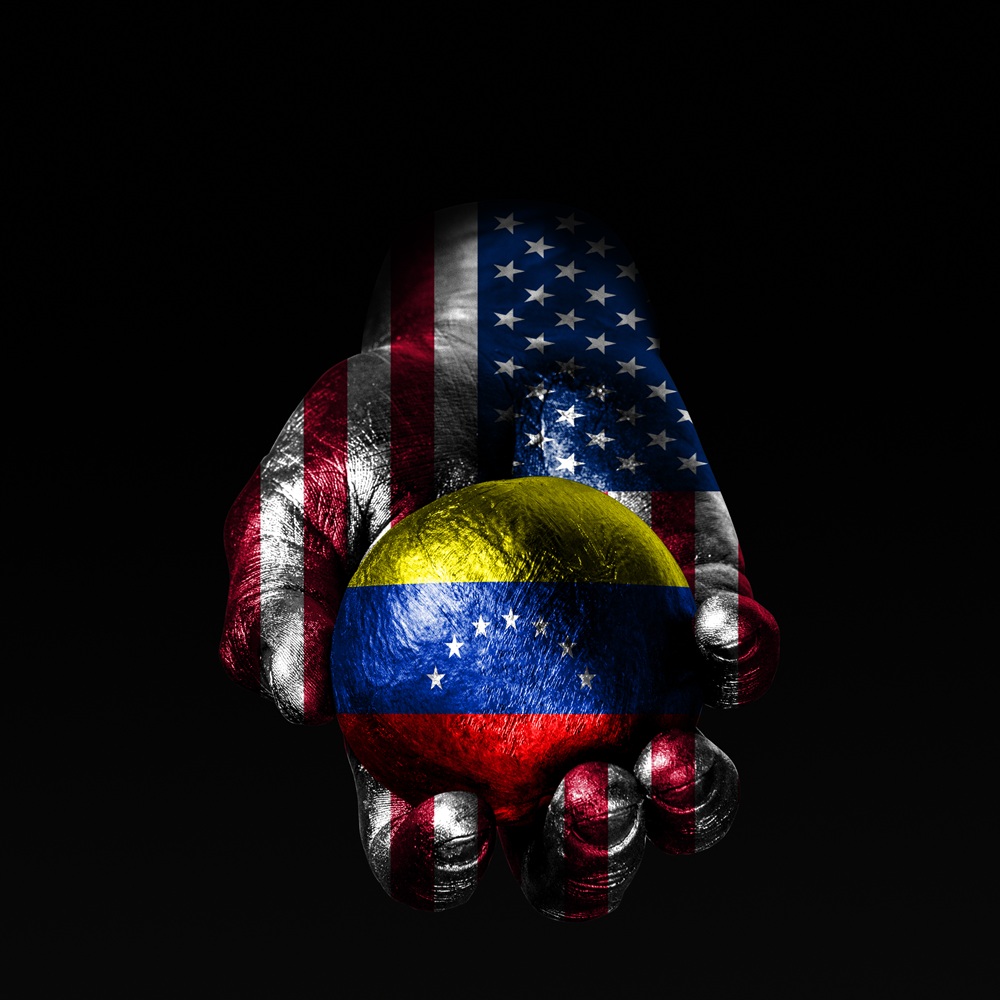
Towards a New Immigration Framework for the West: Balancing Development, Security, and Social Stability.
by Muhammad Younus , Halimah Abdul Manaf , Achmad Nurmandi
Western countries are facing a critical inflection point in immigration governance, where outdated policy frameworks have struggled to balance humanitarian obligations, labor market needs, and social cohesion. Rising irregular migration, overstretched asylum systems, political polarization, and fragmented border management have collectively contributed to a perception of disorder rather than opportunity. Yet immigration, when governed strategically, remains a powerful driver of economic growth, demographic renewal, and innovation. A new immigration policy for the West must therefore move beyond reactive control and crisis management toward a coherent, development-oriented framework that is predictable, fair, and enforceable. By aligning migration pathways with labor demand, strengthening legal entry channels, restoring credibility to asylum systems, and embedding integration as a core policy objective, Western states can transform immigration from a source of chaos into a catalyst for sustainable development and social stability. Below, we will discuss different aspects of this New Immigration Policy. Policy of Each Western Country to do a complete Evaluation of its Economy A key aspect of the new immigration policy requires Western countries to conduct thorough, evidence-based evaluations of their economies, analyzing beyond fundamental indicators like GDP and unemployment. This includes examining sector-specific dynamics, productivity gaps, and labor needs in industries that rely heavily on labor mobility, such as healthcare and agriculture. The goal is to establish data-driven workforce strategies that fulfill actual economic demands, enhancing domestic labor utilization through education and training. Immigration is to complement, not replace, local workforce development. Only after optimizing domestic labor should countries assess immigrant labor needs, creating targeted and regulated immigration pathways to address specific labor shortages. This method links immigration to economic necessity, promoting business growth and public service sustainability while fostering long-term financial stability. Most Western immigration systems employ pre-entry screening mechanisms to manage security risks and improve labor market matching, though their scope and rigor vary significantly. Points-based systems in countries such as Australia and Canada illustrate how education, language proficiency, and occupational demand can be systematically incorporated into selection decisions. At the same time, overly rigid credential recognition frameworks have been shown to underutilize the skills of migrants, particularly in regulated professions. Security screening and health assessments similarly reflect a balance between risk prevention and administrative proportionality. Analytical evidence suggests that pre-entry screening is most effective in contributing to integration outcomes when it is transparent, interoperable across agencies, and complemented by post-arrival credential bridging and skills recognition. Screening, therefore, functions less as a gatekeeping tool than as an anticipatory governance mechanism that shapes downstream integration trajectories. Policy of doing complete thorough checks on Immigrants before coming Another core element of the new immigration policy is the implementation of a standardized pre-entry screening framework across Western countries. This framework includes comprehensive background checks, such as international criminal record verification, biometric identity authentication, and strict validation of educational and professional credentials to prevent fraud. Degree verification should occur directly with accredited institutions, while professional licenses need recognition by certified regulatory bodies. These measures aim to enhance national security, protect labor markets, and maintain the integrity of skilled migration systems. The policy also sets clear entry readiness standards centered on integration capacity and public welfare. This encompasses mandatory language proficiency benchmarks relevant to workplace and civic participation, comprehensive health screenings to safeguard public health, and assessments of employability and sectoral fit. Health evaluations focus on prevention and readiness, ensuring transparency regarding healthcare access upon arrival. Additional factors, such as verification of financial self-sufficiency and orientation training on laws and social norms, are suggested to minimize integration risks. By adopting thorough, fair, and transparent pre-arrival checks, Western nations can transition their immigration governance from a reactive stance to proactive planning, ensuring newcomers are equipped to contribute to economic growth and social stability from the outset. Comparative experience suggests that policy effectiveness depends less on the severity of stated rules than on the consistency and credibility of their implementation. For example, Australia’s offshore processing and maritime interception policies significantly reduced unauthorized arrivals, but also generated sustained legal and ethical debate regarding human rights compliance. In contrast, several European Union states have combined stricter border controls with expanded legal entry pathways, producing mixed outcomes where enforcement gaps continue to incentivize irregular entry. These cases indicate that the deterrence of irregular migration is most effective when enforcement is predictable, legally bounded, and accompanied by accessible lawful alternatives. From an analytical perspective, the key policy trade-off lies between institutional legitimacy and deterrence: overly permissive systems risk erosion of rule compliance. At the same time, excessively rigid approaches may provoke legal contestation and humanitarian backlash. Effective governance, therefore, requires calibrated enforcement embedded within a coherent legal framework for migration, rather than categorical prohibition alone. Policy of doing complete, thorough checks on Immigrants before coming A new immigration framework introduces a structured rotation-based labor migration system, allowing immigrants to be admitted on defined, time-bound contracts of typically one to two years based on prior economic assessments linked to specific sectors and employers. At the end of these contracts, migrants are expected to return to their countries, ensuring a controlled flow of labor that mitigates long-term settlement pressures and public service burdens. This system promotes fairness by broadening access to work opportunities, enabling more individuals to participate in legal labor migration, provided they meet eligibility criteria. To incentivize productivity and integration, the policy includes a performance-based extension mechanism, allowing immigrants with exceptional work performance, language acquisition, and favorable evaluations to qualify for contract renewals or longer-term status. This balanced approach reinforces immigration as a regulated, development-oriented partnership, offering opportunities without defaulting to permanence, thus alleviating concerns about demographic shifts in host societies. Temporary and rotational labor migration schemes have been widely adopted to address sector-specific labor shortages while limiting permanent settlement pressures. Programs such as Canada’s Temporary Foreign Worker Program and the Gulf Cooperation Council’s contract-based labor systems illustrate both the advantages and risks of rotation models. On one hand, time-bound contracts offer employers flexibility and allow governments to regulate inflow volumes with greater precision. On the other hand, weak labor protections and limited mobility rights have, in some cases, produced worker exploitation and reduced productivity. Comparative evidence suggests that rotation systems are most effective when combined with enforceable labor standards, transparent renewal criteria, and return incentives linked to skills transfer or development benefits in the countries of origin. Thus, rotational migration should be understood not as a control mechanism alone, but as a policy instrument whose outcomes depend on regulatory design and bilateral cooperation. Policy of No Free Welfare or No Free Money for Immigrants, Refugees, or Asylum seekers Another key aspect of the proposed immigration framework is the separation between labor migration and welfare entitlement. This policy enforces a “no free welfare, no free money” principle for immigrants, refugees, and asylum seekers during their initial stay, aiming to prevent welfare dependency and protect public systems. Welfare systems are intended as safety nets for citizens and long-term contributors; giving unrestricted access to newcomers could jeopardize their sustainability. The focus is on self-reliance through work, with immigrants admitted based on their employability and the labor market's demands. Limited conditional support may be provided to avert humanitarian crises, but not as a substitute for employment. For refugees and asylum seekers, prompt access to work is prioritized to reduce long-term dependence and restore dignity. Eligibility for broader social benefits may eventually be linked to stable employment and tax contributions. This approach aims to reframe immigration as a system based on effort and contribution, thereby enhancing social cohesion while safeguarding public resources. Access to welfare benefits for immigrants, refugees, and asylum seekers remains one of the most politically sensitive dimensions of immigration governance. Empirical evidence from countries such as Germany and Sweden suggests that early access to social assistance can help stabilize newcomers during their initial settlement. Still, it may also delay labor market integration if not accompanied by strong activation policies. Conversely, systems in countries such as Canada and the United Kingdom are increasingly conditioning access to benefits on factors like employment participation, language acquisition, or residency duration. These models suggest that welfare design functions as a policy signal, shaping incentives for self-reliance and integration. Rather than adopting unconditional inclusion or total exclusion, comparative analysis indicates that welfare regimes should be conditional, striking a balance between humanitarian protection and fiscal responsibility. The analytical challenge lies in designing thresholds that prevent long-term dependency without undermining social cohesion or violating international protection norms. Policy of a Complete ban on illegal migration A strict commitment to the rule of law characterizes the proposed immigration framework, which enforces a ban on illegal entry and unlawful presence. Western countries would reject immigration and asylum claims resulting from immigration law violations, such as unauthorized border crossings and document fraud. This policy aims to uphold institutional credibility, as tolerance of illegality at entry undermines compliance and public trust. Furthermore, unchecked illegal migration is linked to transnational crime, with organized networks exploiting irregular routes for human trafficking, drug smuggling, forced labor, and more. A zero-tolerance approach towards illegal entry, coupled with robust enforcement and deportation, seeks to disrupt these criminal activities and prevent the exploitation of vulnerable populations. The policy requires swift removal procedures for individuals entering or remaining in the country illegally, ensuring that deportations observe due process and human rights standards while preventing procedural loopholes. Legal migration and asylum pathways are maintained and must be accessed lawfully, thereby reinforcing that opportunities are tied to compliance with the law. This ensures that order is restored, security is enhanced, and humanitarian provisions are protected for law-abiding individuals. Policy of a Complete ban on Ads or the use of Western women to entice people for Immigration The new immigration framework incorporates a complete ban on misleading advertising practices that exploit the objectification of Western women to attract migrants from developing nations. Such advertisements, often propagated via social media and unregulated agencies, misrepresent realities and take advantage of gender stereotypes, promoting social or romantic opportunities as migration pathways. These practices distort the fundamental purpose of immigration, which should be focused on lawful work, skills, or protection, while undermining women's dignity by treating them as marketing tools. The policy addresses the disproportionate targeting of uneducated, unemployed, and economically vulnerable populations, leading to false expectations and irregular migration attempts. Furthermore, these deceptive campaigns often involve fraudulent intermediaries, resulting in financial losses, legal risks for migrants, and inflows that do not align with labor market needs. To combat this issue, Western countries should establish specialized cyber-monitoring units to dismantle and prosecute deceptive practices, collaborating with digital platforms and regulators to eliminate illicit content and enforce penalties. Legal prohibitions against gender manipulation in migration advertising must be implemented to ensure that migration decisions are made in a manner that is legal, informed, and respectful of women’s dignity. Additionally, while Western nations often depend on migration to address declining fertility rates, studies suggest it is not a long-term solution for stabilizing dependency ratios. Countries like France and Hungary demonstrate that demographic sustainability is closely tied to labor market conditions, gender equality, and family policies, rather than relying solely on financial incentives. Immigration and demographic policies should be viewed as complementary, with a focus on balanced investments in family policy to mitigate migration pressures and foster social cohesion. Policy of exceptional facilities and rewards for Western women who become new mothers A new demographic and development strategy aims to incentivize Western women to have children in response to declining birth rates, aging populations, and shrinking workforces. Instead of relying solely on immigration, which has been the common compensatory mechanism, this policy reframes motherhood as a public good and essential for national sustainability. Women who give birth would benefit from a range of financial incentives, including income tax reductions, property tax waivers, preferential mortgage rates, and enhanced childcare and healthcare support. These measures aim to alleviate financial pressures that discourage childbearing. The policy emphasizes a cumulative support system were increased family size leads to greater long-term assistance, creating transparent incentives for family formation without pressure. This shift aims to reduce economic penalties associated with pregnancy and child-rearing, thus empowering women in their family decisions. Unlike short-term monetary bonuses, the sustained fiscal relief reflects a long-term commitment from the state, providing stability during challenging years of child-rearing. By focusing on boosting native birth rates, the policy also challenges the justification for mass immigration, advocating for a sustainable demographic policy that lessens dependency on foreign labor. Ultimately, this approach aims to harmonize labor supply with cultural continuity and fiscal sustainability, positioning immigration as a selective tool rather than a primary solution to demographic challenges. Several Western countries implicitly rely on immigration to offset declining fertility and population aging, yet comparative demographic research suggests that migration alone cannot fully stabilize dependency ratios in the long term. Countries such as France and Hungary have experimented with pro-natalist policies, offering fiscal incentives and childcare support to encourage family formation, with uneven but instructive results. Hungary represents a more explicitly pro-natalist budgetary model. The government has introduced lifetime income tax exemptions for women who have four or more children, subsidized housing loans for families, and preferential mortgage schemes for new parents. These cases demonstrate that demographic sustainability is influenced by labor market conditions, gender equality, housing affordability, and work–life balance, rather than financial incentives alone. From a policy framework perspective, immigration and demographic policy should be treated as complementary instruments rather than substitutes. Overreliance on continuous labor inflows may defer structural reforms, while balanced investment in family policy can moderate long-term migration pressures and enhance social cohesion. Policy of Citizenship Restriction and Long-Term Residency without Naturalization Some Gulf Cooperation Council (GCC) states, particularly Saudi Arabia, the UAE, and Qatar, have adopted an immigration governance model that clearly differentiates between long-term residency and citizenship. This model grants renewable residence visas to foreign nationals while hindering access to birthright citizenship or naturalization, treating citizenship as a privilege linked to lineage and national identity. By doing so, these nations manage demographic control, depend on foreign labor for economic growth, and strengthen state authority over demographics and welfare, while lessening long-term fiscal obligations associated with pensions and social security. Thus, migration remains temporary, creating a significant divide between citizens and non-citizens. Although the model offers administrative clarity, it faces challenges such as limited rights for residents, restricted social integration, and reliance on employer-sponsored visas. GCC countries impose strict immigration regulations, contrasting with Western democracies that prioritize equality and human rights. In these Western contexts, conversations around birthright citizenship and naturalization are evolving, with some nations opting for conditional citizenship that requires stricter residency criteria while still permitting a naturalization process. This analysis highlights the diversity in policy approaches, ranging from permanent residency without automatic citizenship to merit-based naturalization. While the GCC's system focuses on demographic control rather than political inclusion, it serves as a valuable case study for Western nations examining migration management and its implications for nation-building. Recognizing the complex interactions between citizenship and residency is essential, as it transforms these concepts from automatic rights to strategically managed political assets. Policy of Privatizing Religion and Restricting Public Religious Expression Policies aimed at privatizing religion attempt to limit religious belief and practice to private settings while prohibiting public expressions such as symbols, prayers, or proselytization. Advocates argue this fosters civic neutrality and diminishes religious conflict in diverse societies. However, it raises significant legal and normative issues, particularly concerning international human rights, with Article 18 of the International Covenant on Civil and Political Rights underlining the necessity of allowing public religious manifestations. Evidence suggests that broad prohibitions on religious expression may be counterproductive, as seen in judicial cases like S.A.S. v. France, emphasizing proportionality in legal restrictions. Experiences from France and Quebec show that secular governance can respect visible religious expressions without harming societal unity. Research indicates that strict state-imposed religious limitations may lead to social tensions instead of harmony. While proponents highlight the benefits of administrative simplicity and equality, excessive restrictions risk undermining individual freedoms and alienating minority religions, pushing expressions underground and possibly increasing conflict. Policies that anonymize religious identity to prevent political exploitation may also infringe on freedom of expression and personal identity. As such, privatization strategies must navigate a careful balance of equality, liberty, and social cohesion to avoid undermining the very stability and inclusiveness they aim to promote. Strategic Risks with Final Remarks Strategic immigration frameworks offer potential economic and social benefits but also pose significant risks that require proactive management. Key risks include institutional overreach due to inadequate administrative capacity, which may be mitigated through phased implementation and investment in digital infrastructure. Labor market distortions can arise from dependency on migrant labor, necessitating integration with broader labor reforms. Social polarization and political backlash may emerge from perceived exclusionary policies, which can be addressed via transparent communication and participatory design. Human rights concerns related to stricter enforcement require adherence to legal safeguards in policy development. Lastly, external spillovers affecting countries of origin highlight the need for equitable development-linked migration agreements. Overall, careful consideration of these risks and corresponding mitigation strategies is essential for effective immigration policy reform. In summary, the proposed new immigration policy for Western countries reframes migration as a disciplined, development-oriented system grounded in legality, economic realism, and social sustainability. By aligning immigration with verified labor needs, enforcing strict entry and conduct standards, eliminating welfare dependency, rejecting illegality and exploitation, and simultaneously investing in domestic demographic renewal, governments can restore public trust and policy coherence. Immigration is neither dismissed nor romanticized; it is regulated as a strategic instrument rather than a substitute for weak governance or demographic inaction. Implemented cohesively, this framework offers a credible pathway to end systemic chaos, strengthen national resilience, and ensure that both development and social stability are achieved on lawful and ethical foundations.









